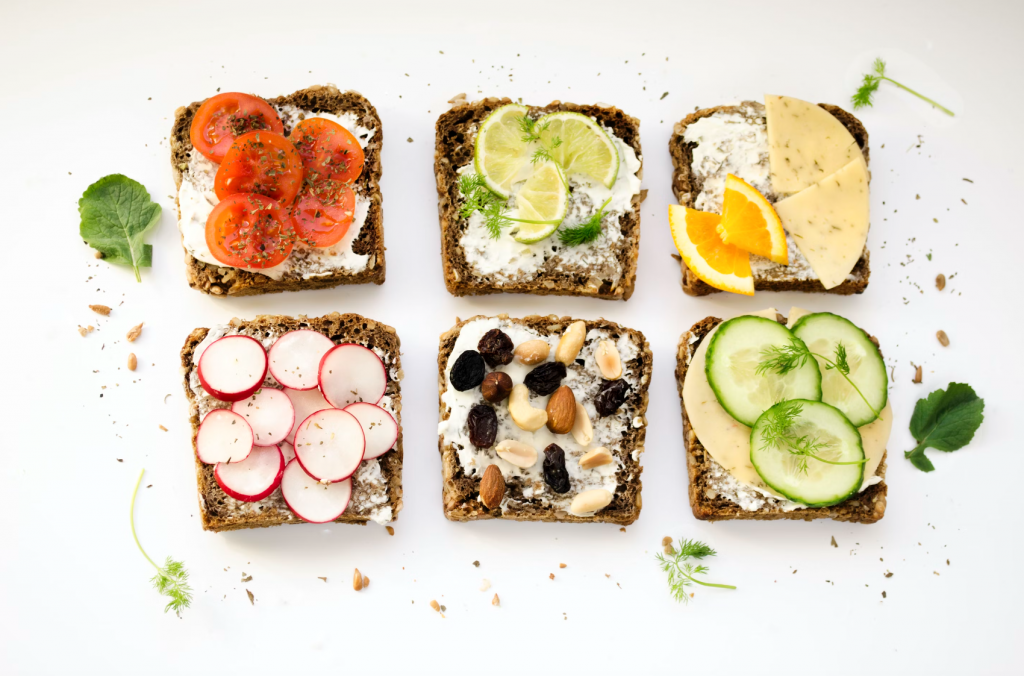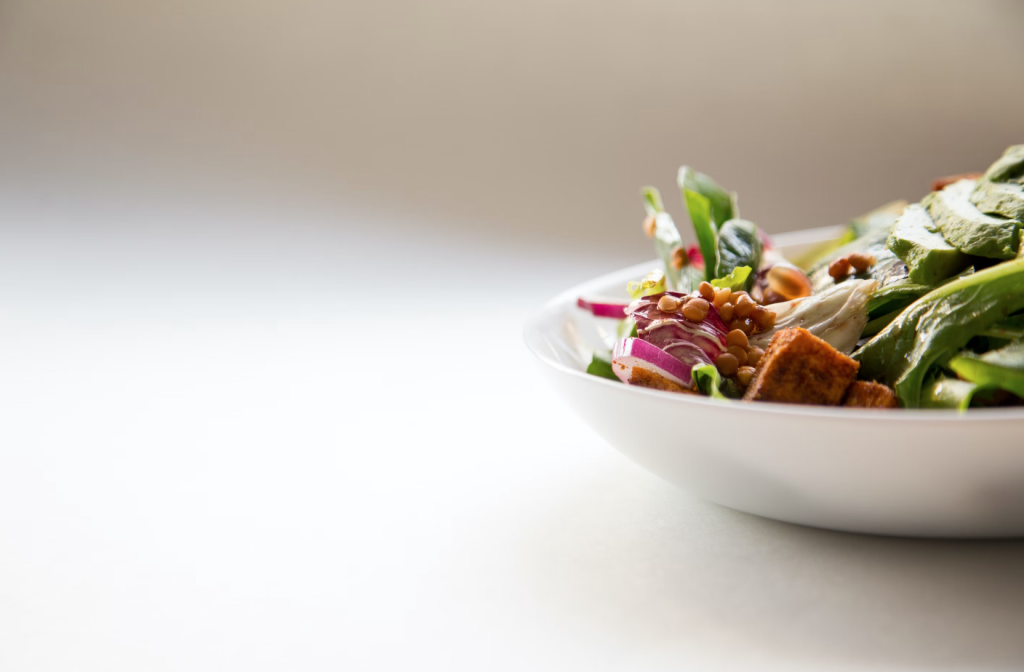Meal preparation, often regarded as a chore, is, in fact, an art form that can revolutionize the way you eat and live. In this guide, we’ll delve into the world of meal prep, exploring its benefits, practical tips, and creative strategies for turning fresh ingredients into delicious and healthy meals.
Introduction
The busy pace of modern life often leads to unhealthy eating habits, with fast food and takeout becoming convenient choices. However, embracing the art of meal prep can transform this narrative. By investing time in planning and preparing meals in advance, you not only take control of your nutrition but also save time and money in the long run.
Benefits of Meal Prep
Nutritional Control
When you prepare your meals, you decide what goes into them. This level of control empowers you to make nutritious choices, ensuring a well-balanced diet that meets your specific dietary needs.
Portion Management
Meal prep helps you avoid overeating by portioning your meals in advance. This not only contributes to weight management but also fosters a mindful approach to eating.
Reduced Food Waste
By planning your meals and using ingredients strategically, you minimize food waste. Meal prep encourages creativity in utilizing leftovers and incorporating them into future dishes.

Getting Started with Meal Prep
Planning Your Meals
Begin your meal prep journey by outlining your weekly meals. Consider your schedule, dietary preferences, and nutritional goals. Planning ahead allows you to create a shopping list and streamline your cooking process.
Essential Tools and Containers
Invest in quality containers that are both microwave and freezer-safe. Having the right tools, from sharp knives to cutting boards, streamlines the cooking process and makes meal prep more enjoyable.

Choosing the Right Ingredients
Fresh and Seasonal Produce
Start with fresh, seasonal ingredients. Not only are they packed with flavor, but they also offer a variety of nutrients. Explore local markets for a diverse selection of fruits and vegetables.
Lean Proteins and Whole Grains
Incorporate lean proteins such as chicken, fish, and tofu, along with whole grains like quinoa and brown rice. These elements form the foundation of well-balanced and satisfying meals.
Efficient Cooking Techniques for Meal Prep
Batch Cooking
Maximize your time by preparing large batches of staple ingredients. Cook proteins, grains, and vegetables in bulk, allowing for easy assembly of diverse meals throughout the week.
One-Pot Wonders
Simplify your cooking process with one-pot meals. These versatile dishes not only save time but also result in easy cleanup.
Balancing Flavors and Textures
Creating Variety
Combat meal monotony by incorporating a variety of flavors and textures. Experiment with different cuisines, herbs, and spices to keep your taste buds excited.
Incorporating Herbs and Spices
Herbs and spices not only enhance flavor but also contribute to the nutritional value of your meals. Experiment with combinations to discover your favorite flavor profiles.
Meal Prep for Special Diets
Vegetarian and Vegan Options
Explore plant-based meal prep options for a diet rich in vitamins, minerals, and fiber. Discover flavorful and satisfying vegetarian and vegan recipes.
Gluten-Free and Low-Carb Meals
Adapt meal prep to accommodate specific dietary needs, such as gluten-free or low-carb diets. Explore alternative grains and creative substitutes for a diverse menu.
Storage and Safety Tips
Proper Refrigeration
Ensure the longevity of your prepped meals by storing them properly in the refrigerator. Follow recommended storage times to maintain freshness and flavor.
Reheating Guidelines
Master the art of reheating to preserve the quality of your meals. Follow guidelines for safe reheating, maintaining both flavor and nutritional value.
Overcoming Challenges in Meal Prep
Time Constraints
Address the common challenge of time constraints by incorporating quick and easy recipes into your meal prep routine. Discover efficient cooking techniques and time-saving hacks.
Staying Motivated
Maintain enthusiasm for meal prep by setting realistic goals and celebrating your achievements. Share your journey with friends or family to build a supportive community.
The Psychology of Meal Prep
Breaking the Fast-Food Cycle
Understand the psychological shift that meal prep brings, breaking the cycle of relying on fast food. By fostering a habit of mindful eating, you create a positive relationship with food.
Establishing Healthy Habits
Meal prep is more than a weekly task; it’s a lifestyle change. Establish healthy habits around eating, cooking, and planning for long-term well-being.
Cost-Effective Meal Prep Strategies
Buying in Bulk
Save money by purchasing staple ingredients in bulk. Buying in larger quantities often comes with discounts, making meal prep more cost-effective.
Utilizing Leftovers Creatively
Transform leftovers into new and exciting dishes. Get creative with repurposing ingredients to avoid monotony and minimize food waste.
Creative Meal Prep Ideas
Mason Jar Salads
Experience the convenience of portable and visually appealing mason jar salads. Layering ingredients ensures freshness, and a variety of toppings add depth to your salads.
Freezer-Friendly Options
Prepare meals that freeze well for those days when time is scarce. Having a freezer stocked with nutritious options prevents resorting to less healthy alternatives.
Meal Prep Success Stories
Personal Experiences
Read inspiring stories from individuals who have embraced meal prep and witnessed positive changes in their health, time management, and overall well-being.
Customizing Your Meal Prep Routine
Flexibility and Adaptability
Recognize that meal prep is not one-size-fits-all. Customize your routine to fit your lifestyle, preferences, and dietary needs. Be flexible and adapt as needed.
Conclusion
In conclusion, the art of meal prep is a transformative journey that goes beyond the kitchen. By taking control of your nutrition, you not only foster a healthier lifestyle but also save time and money. Embrace the creativity and efficiency that meal prep offers, making it a cornerstone of your well-being.
FAQs
- Is meal prep suitable for individuals with specific dietary restrictions, such as gluten intolerance?
- Absolutely. Meal prep can be customized to accommodate various dietary needs, including gluten-free options. Explore alternative grains and ingredients to suit your preferences.
- How can I stay motivated to continue meal prepping regularly?
- Set achievable goals, experiment with new recipes, and involve friends or family in the process. Sharing the experience makes meal prep more enjoyable and sustainable.
- Can I use meal prep to support weight loss goals?
- Yes, meal prep is an effective tool for weight management. By controlling portion sizes and choosing nutritious ingredients, you can align your meal prep with your weight loss goals.
- Are there any specific tools or containers you recommend for meal prep?
- Invest in quality containers that are both microwave and freezer-safe. Sharp knives, cutting boards, and kitchen gadgets can also enhance your meal prep experience.
- How can I incorporate meal prep into a busy schedule without feeling overwhelmed?
- Start with simple recipes, prioritize efficiency, and gradually build your meal prep routine. Planning ahead and utilizing time-saving techniques will help you manage a busy schedule while still enjoying the benefits of meal prep.
